Impact of E-commerce on Business: Opportunities & Challenges
31 May 23 


The preferred choice for many ambitious business owners is to understand the impact of e-commerce on Business. Most people think it is a secure, adaptable sector with several success stories. Starting an online store and earning a comfortable income several years ago was simple. However, the e-commerce sector has seen a significant transformation over time.
Considering the prevalence of mobile phones and the internet at all societal levels throughout the globe, e-commerce is expanding rapidly. No matter what specialty you select, the rivalry is more intense. Additionally, the dynamics of the sector are now harsh. The opportunities and challenges that new e-commerce enterprises encounter have increased as a result of this.
What is E-commerce?
Electronic commerce, or e-commerce, is the interchange of products and services and the sending of money and data through a digital network, most commonly the Internet. E-commerce is crucial to the nation’s financial growth and progress. It is an intentional action that involves organizing, handling, promoting, and dispensing different products and services.
Impact of E-commerce on Business
E-commerce refers to the practice of transacting business online. Despite being a relatively new idea, it has the power to change how economic transactions are often conducted. It impacts essential industries, including interactions, services, financial markets, and retail commerce. In addition, it has potential for the future in sectors like government, health, transportation, and education.
Less obvious but more significant effects on normal company operations may have a greater impact than many of the consequences that garner the most attention. E-commerce offers the potential for commercial organizations to speed up corporate operations, cut expenses, reach out to new clients, and create novel markets and business models.
Opportunities of E-commerce on Business
Let’s dive deep into the various opportunities of e-commerce for businesses. Then, follow the options below for a better understanding.
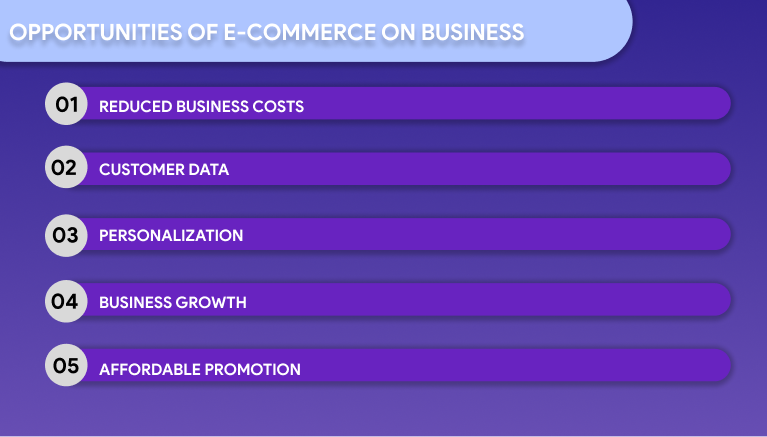
1. Reduced Business Costs
Operating an online company is less expensive since employees are unnecessary at every site, and surveillance and upkeep staff are rarely essential. Only the sales department needs a team; the rest functions adequately or seamlessly.
Additionally, no storage facility is required in some situations where it’s an immediate sale. That is mostly the cause of some pricing in online retailers being less expensive than typical prices in a traditional store.
An online retailer is exempt from paying rent or money to keep a physical location attractive to customers. Only after their firm has achieved some level of success can many entrepreneurs be capable of managing orders independently and not require extra staff.
2. Customer Data
Online shopping benefits companies by enabling them to gather client information for further processing. Companies may sell their goods more effectively using consumer purchasing patterns, statistics, and desires.
By analyzing e-commerce data to predict when demand for a product will be higher or lower, they may reduce the likelihood of overstocking or understocking it. Additionally, businesses could leverage this data to simplify customers’ buying experiences.
3. Personalization
The customer experience must also be monitored in online companies, which also allows a chance to customize offers, newsletters, and other materials to appeal to various clients. Accordingly, a common e-commerce trend is the development of mobile applications for virtual and augmented reality for businesses to give their customers an improved and more personalized service.
4. Business Growth
With the help of technology, it’s simpler to advance and carry out your company’s thoughts. Expenses are lower, and you can highlight the goods you want to sell. Addressing the consumer is made feasible by changing the information.
Marketing is readily accessible, as are many strategies for generating leads. A crucial aspect to keep in mind through this procedure is openness. To boost revenue, you must always be truthful with customers. Thus, the impact of e-commerce on business is relevant through business growth.
5. Affordable Promotion
E-commerce is available 24 hours a day. Customers may use e-commerce at any moment of the day to make any purchases and acquire all the data they need. This openness enhances the ability to produce leads and revenue and strengthens the interaction between customers and retailers. Check out how you can streamline company operations with AI chatbots like ChatGPT as one of the options for 24/7 accessibility!
Challenges of E-commerce on Business
Some of the major challenges associated with e-commerce for businesses are listed below.
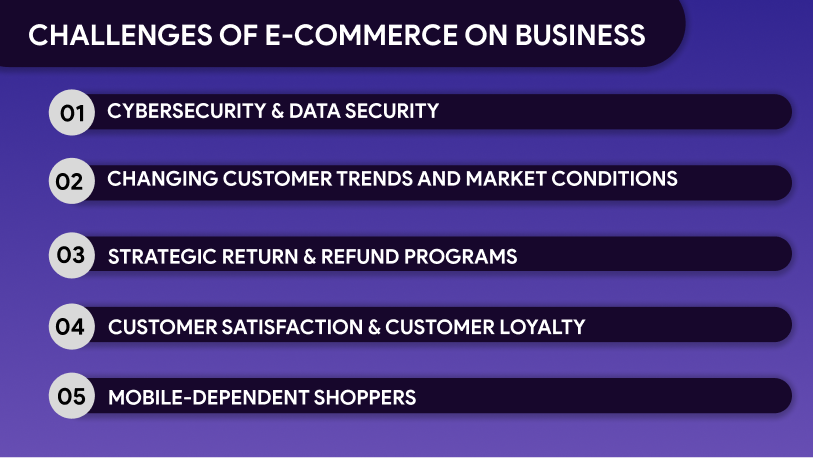
1. Cybersecurity & Data Security
One of the main difficulties in eCommerce is privacy violations. Engaging with eCommerce involves a lot of facts and figures, and a data-related technological problem might seriously harm the retailer’s current company activities and reputation.
Cybersecurity is among the most outstanding and frequent issues consumers and organizations involved in e-commerce face. Additionally, managing and protecting various consumer data, such as name, address, contact details, email address, and age, is crucial. For businesses operating in Hong Kong, ensuring compliance with local regulations, including local business registration in Hong Kong, is essential for safeguarding consumer information and establishing a legitimate enterprise. Unfortunately, multiple websites lack those capabilities and the ability to authenticate payments.
This can trigger a lot of fraud and put the company in danger. Additionally, many organizations are required to save different consumer data, such as the name, address, contact details, email address, and age of the customer.
Significant expenditures are needed to protect the data from misuse. Thus, the e-commerce app must be capable of keeping customer information confidential. Thus, impact of e-commerce on business is challenged by cybersecurity and data security.
2. Changing Customer Trends and Market Conditions
Without a doubt, the business model that is evolving and transforming the most quickly is e-commerce. The impact of e-commerce on business is well-illustrated with the changing customer trends and market conditions.
Staying up is challenging, and failing to do so can be expensive. Numerous lists discussing the newest e-commerce trends can be found online, which continually pressures firms. However, only some ideas will apply to you or your company.
Discover strategies to shut out distractions and focus on the improvements that matter significantly to your clients. Investing time with people who share what you value is a great strategy. Join socializing and business teams so you may meet other business leaders and owners, exchange expertise, and work through problems as a team.
3. Strategic Return & Refund Programs
Currently, most online retailers provide free or highly affordable return and refund policies. But surprisingly, only some companies with a free return and refund policy deliver hassle-free transactions.
However, with a unique e-commerce app, you will survive in such a situation. Create your policies with the smallest amount of work on the side of those who need to return items in mind. Buyers may find tactics like offering shop credits for refunds and requesting they repack things and pay the return shipping expenses overly demanding.
Even though many consumers understand the difficulties of controlling inventory for an online business and the intermediate procedures involved, you aren’t interested in having customers reluctantly give up an offer. This is to prevent the trouble of a prospective refund.
4. Customer Satisfaction & Customer Loyalty
These days, we have multiple options to choose from. However, keeping clients is always tricky, especially for e-commerce companies. In addition, brand loyalty varies with the state of the economy. Because of this, having a solid customer loyalty program is crucial, which point out the impact of ecommerce on business.
Launching loyalty programs, such as an affiliate program, sending discounts and offers for further purchases, and offering coupons for special occasions are all common ways to keep consumers coming back. Of course, you will choose a different approach depending on how you operate and your target consumer.
Nevertheless, establishing these strategies will make it easier for your clients to work with you again. As a result, in addition to an e-commerce app, we are specialists in creating a customized loyalty program. So have a look at our service – a personalized loyalty program.
5. Mobile-Dependent Shoppers
We are all constantly on the run today. The use of smartphones has surpassed that of desktop computers. Therefore, your consumer must be able to utilize mobile phones on e-commerce sites or apps to explore and make purchases.
Your e-commerce app thus has to be optimized for smartphones. Therefore, consider this while initially constructing your e-commerce apps. Ensure that your mobile app developers know your need for your application to be adaptable for every mobile platform if you have a personalized build.
Customers only pay attention briefly, particularly if they’re on a tight schedule. This implies that your e-commerce site or app must be incredibly effective at providing users with the details they want as soon as possible.
Wrapping Up
Each company will have difficulties, while all enterprises require thorough marketing plans, competent management, and a lot of effort. E-commerce has a lot of potential benefits for your company. The impact of e-commerce on business is quick and highly versatile. However, it also poses some particular difficulties.
You must put much effort into creating an excellent website and a robust internet presence. In addition, you must be receptive to the requirements of both your clientele and your company. Finally, you must be willing to follow the newest and best advancements in digital advertising. This way you can have a positive impact of e-commerce on business.
You run your own business. You’re prepared to launch your own business. After some research, determine whether brick-and-mortar or e-commerce is preferable for your business, and then begin! At Mindster, we help develop an E-commerce app that suits your demands and requirements better.
- Agentic AI1
- Android Development3
- Artificial Intelligence38
- Autopay1
- Classified App3
- Custom App Development5
- Digital Transformation12
- Doctor Appointment Booking App14
- Dropshipping1
- Ecommerce Apps40
- Education Apps2
- Fintech-Apps38
- Fitness App4
- Flutter4
- Flutter Apps20
- Food Delivery App5
- Grocery App Development1
- Grocery Apps3
- Health Care10
- IoT2
- Loyalty Programs11
- Matrimony Apps1
- Microsoft1
- Mobile App Maintenance2
- Mobile Apps132
- On Demand Marketplace1
- Product Engineering6
- Progressive Web Apps1
- React Native Apps2
- Saas Application2
- Shopify9
- Software Development3
- Taxi Booking Apps7
- Truck Booking App5
- UI UX Design8
- Uncategorized7
- Web App Development1










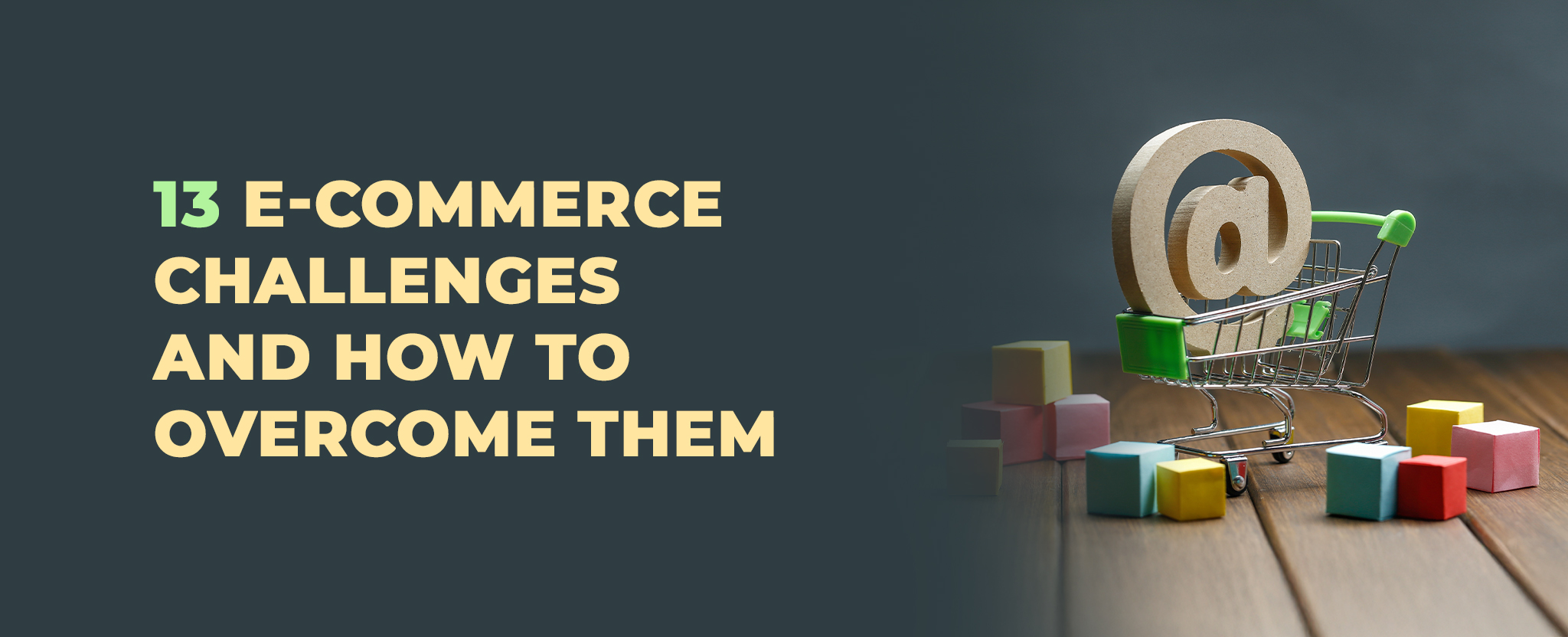
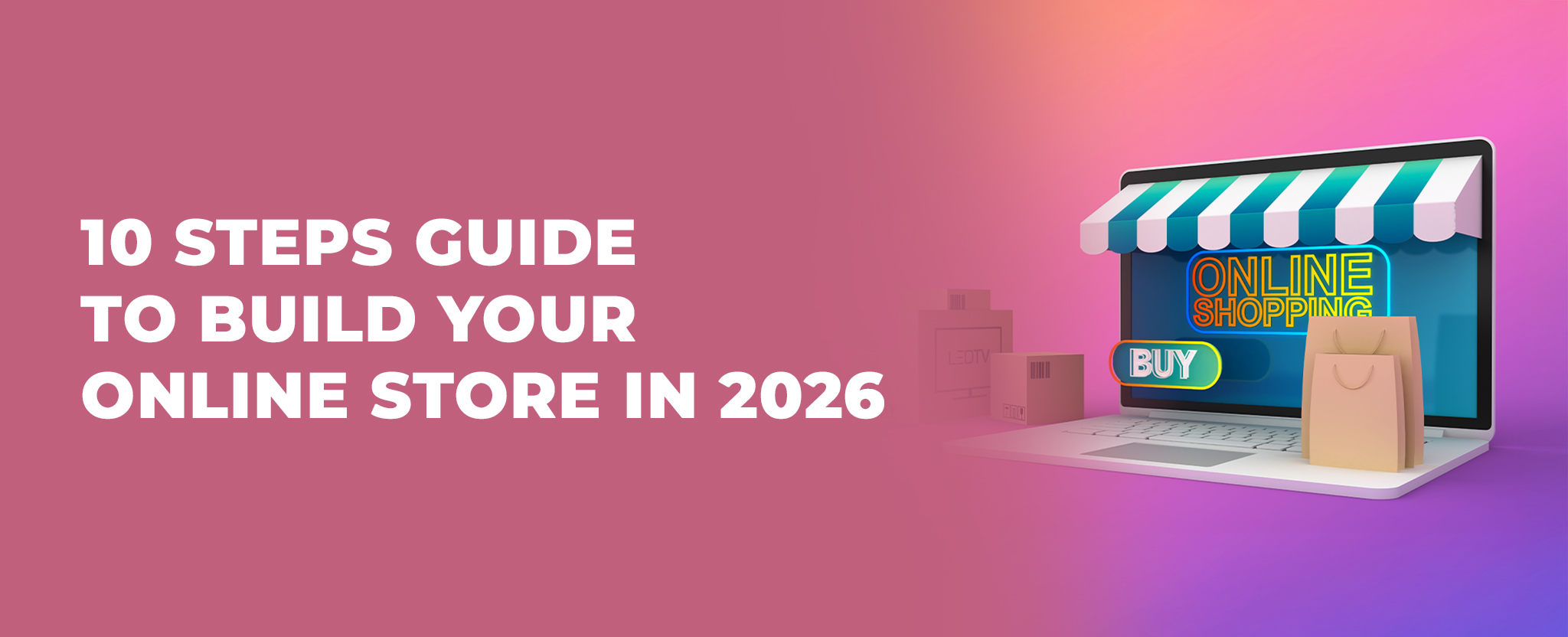
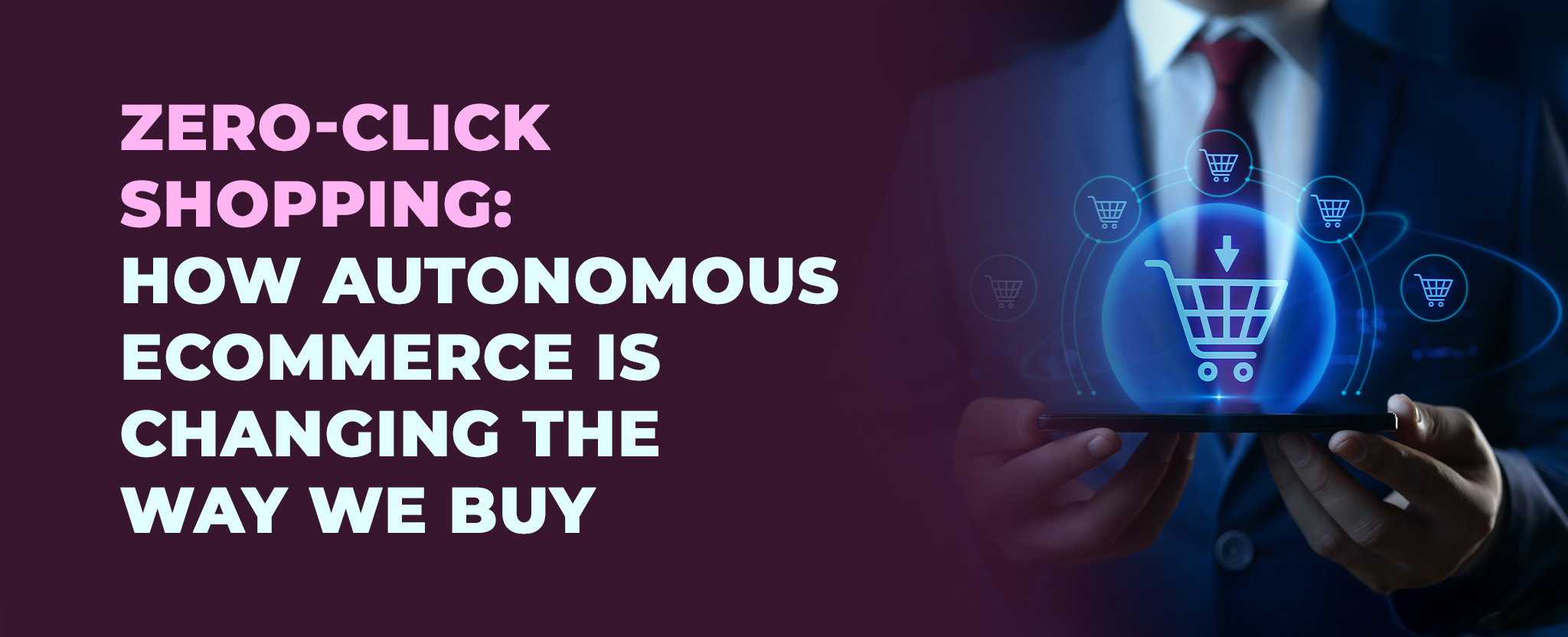






Comments